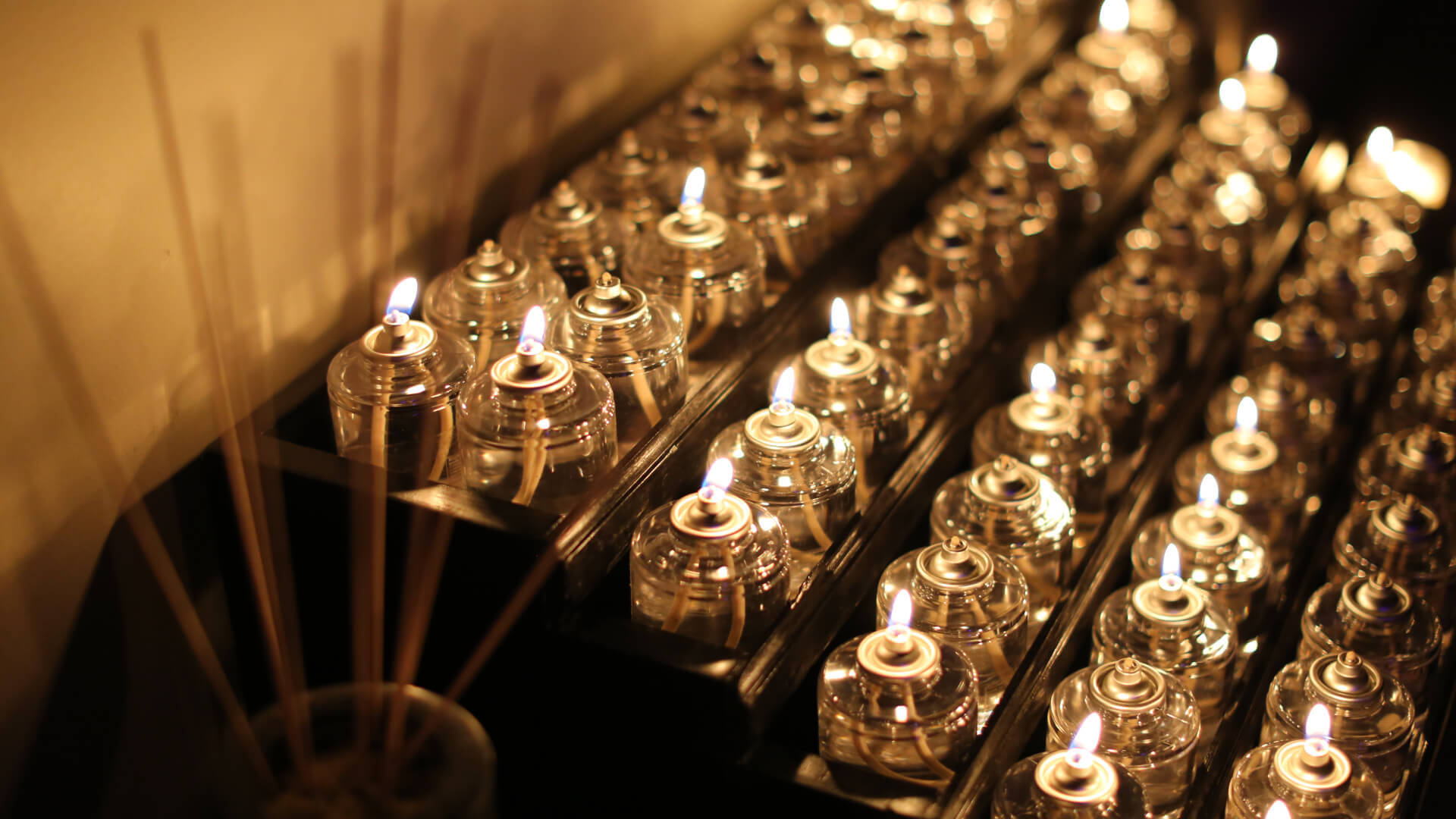
God As Light; God as Fire
By PASTOR ROSS WHITE
Campus Pastor, Greenville Campus
In Exodus 3, God called Moses to lead the Israelites to freedom from Egypt after 400 years of slavery. God spoke to him from a bush that was burning, but not consumed.
In Exodus 24, Moses ascended Mt. Sinai to receive the law of God, the Ten Commandments, that would govern the people of Israel and become the basis for our system of law and justice today. From the vantage point of the nation gathered at the foot of the mountain, we are told that the glory of the Lord appeared to them like a fire sitting on top of the mountain. As another example, we’re told that God led the people as a pillar of cloud by day and a pillar of fire by night.
Command the people of Israel to bring you pure oil of pressed olives for the light, to keep the lamps burning continually.
Exodus 27:20 (NLT)
Flames were also to burn in olive oil lamps within the tabernacle of God, and never allowed to go out. Fast forward to the book of Acts in the New Testament, we find the Holy Spirit descending as what appeared to be “tongues of fire” on those gathered in the upper room. Certainly, God can reveal himself in any way that he likes, yet in all these theophanies, (these visible appearances of God in the human world) he chose the form of fire.
God revealed as fire teaches us that he is to be treated with reverence and awe. Fire warms, pushes back darkness to illuminate, but it is also powerful and to be taken very seriously. Even lighting a candle at our response stations is done with care. When you hold live flame in your hands, there is greater awareness of handling it responsibly. The fact that the flame in the temple of God was to never go out reveals the eternal, inextinguishable nature of God’s existence.
Light In This World
The same God that set the Israelites free from captivity and established them as a nation, is the God who empowers believers to live as a light in this world. He is the one who can change situations, circumstances, and hearts. He can illuminate our lives and the lives of those we pray for with his presence.
Whenever we light candles as a symbol of intercessory prayer for others during our Response Time, we are reminded that we serve a powerful, holy God—who deeply cares for our wellbeing. The light of the candle is symbolic of his presence and power that is active with us now. Whatever the situation, God is immediately accessible to believers through prayer. He desires that we approach him and ask for him to move in our lives.
Our candle stations at church mean a lot to me personally, and often, you’ll see me lighting a candle during response time. You see, there is someone very dear to me that I am praying for earnestly. My prayer is that the mighty power of God would illuminate their situation. I pray that they would experience his love in a deeply personal way. As fire refines and transforms, I pray they would be transformed by the love of Jesus. It hasn’t happened yet, but I will continue to ask and believe that God is working.
So, I invite you to join me in prayer. Visit one of our candle stations this weekend on behalf of someone who needs the light of God in their life.
Reflect
- How has the symbol of a candle’s light given you a greater awareness of God’s presence?
- In what ways has God illuminated darkness in your life and how have you shared that with others?
- Missed week one of the Two Big Questions devotional? Take a few minutes to read it now.
- Spend time reflecting on each element of Response Time by subscribing below to this six-week devotional. You’ll receive one devotional every Friday morning through May 26.
